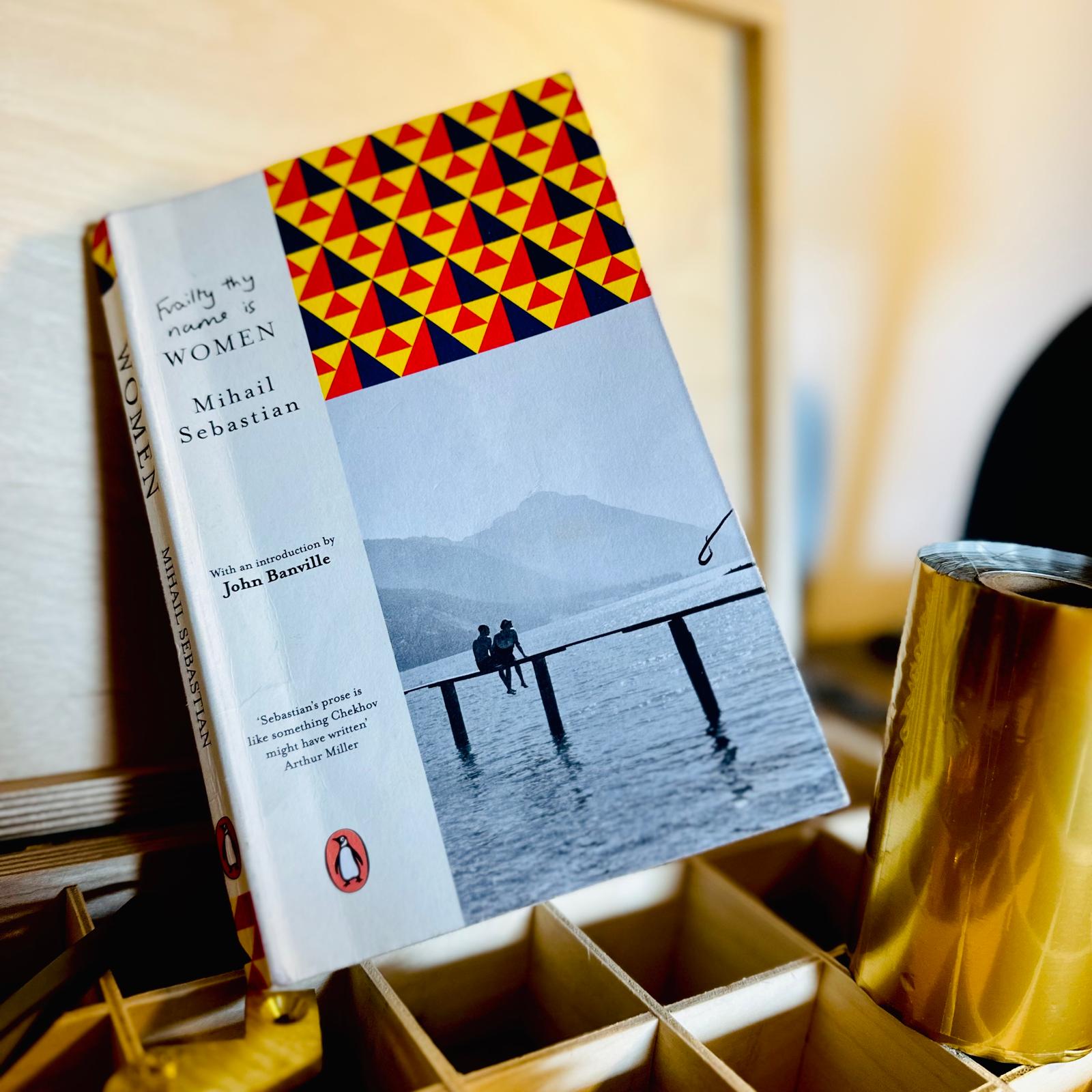Article: Wykeham's Book Club – Zadie Smith, Intimations: Six Essays (2020)
Wykeham's Book Club – Zadie Smith, Intimations: Six Essays (2020)
Book Club, 17th April:
This week’s book is ‘Intimations,’ by Zadie Smith. The subtitle, ‘Six Essays,’ does not gird you for the emotional generosity of the collection. Nor does the stature of the volume which is, as Smith puts it, "Small by definition, short by necessity." The essays were written in the early months of the pandemic and reflect on the peculiarly unclassifiable experience of lockdown. They are, though, as relevant now in their capacious littleness as ever.
The essays form meditations on different tranches of the ‘every day’, whatever our idea of the ‘every day’ might become in times of crisis. Subject matter ranges from peonies to people (a woman with a little dog and the owner of a New York nail salon being two examples), to pastimes and American politics.
There is a real personal force to the writing. But, far from feeling myopic or inflected by any kind of introspective agenda, it instead leads us back towards our own experience of suffering and joy. We feel ‘close’ to Smith throughout, and I came to think of this as her own act of authorial generosity; a knowing hand extended to an isolated reader. “The single human, in the city apartment, thinks: I have never known such loneliness.” Aware of how fastidiously she locks onto her subject matter (be that individuals, concepts, or specific moments in time), we nonetheless feel that if we, too, were to fall into her sight line, we would be in safe hands. Her approach to others is one of interest rather than examination.
Some of the extracts are referred to as ‘screenshots’, capturing small pinches of humanity. And these little portraits are infused with Smith’s knowledge of her own interpretive impulses, whether as a writer or, more generally, as a human. The verb ‘to appear’ crops up a number of times in various forms. Vascillating between what is and is not the case, it serves as a visual reminder on the page of what might otherwise be concealed in life – or, indeed, what might soon be made known to us. Intimated, to draw from the title.
At one point, Smith admits, “I could see with particular clarity that day precisely because I hardly knew him.” There is licence, here, to yield more insight where information is lacking; to know more about how we see than what it is we are seeing. Shuttered into our own perspectives, as we were into our dwellings during lockdown, new routes to tolerance, or control, or sanctuary must be mined; our own tendentious narrative cosmology devised, as Smith says: “They were tulips. I wanted them to be peonies. In my story, they are, they will be, they were and will for ever be peonies – for, when I am writing, space and time itself bend to my will!”
Indeed, Smith’s essays are as much about what we cannot know (about life, ourselves, and others) as about what we can. They are, perhaps, more to do with how subjectivity interacts with reality, particularly when that reality is difficult, or alien, or indeed unknowable at all. It is just another form of reading.
I saw someone write in a review that these essays were consoling. I initially disagreed. But, after some thought, it struck me that to embrace unknowns – to be, as Keats would have it, “In uncertainties… without any irritable reaching after fact and reason” – is one way to find consolation in these pages, in life, and in each other. The non-fiction pretensions of the writing are suggestive. And what it really brought to mind is that, whilst the point of fiction is that we can’t check the facts, there is still more about reality which we cannot know. The truth lies in accepting this.
Freya Morris, Wykeham's


